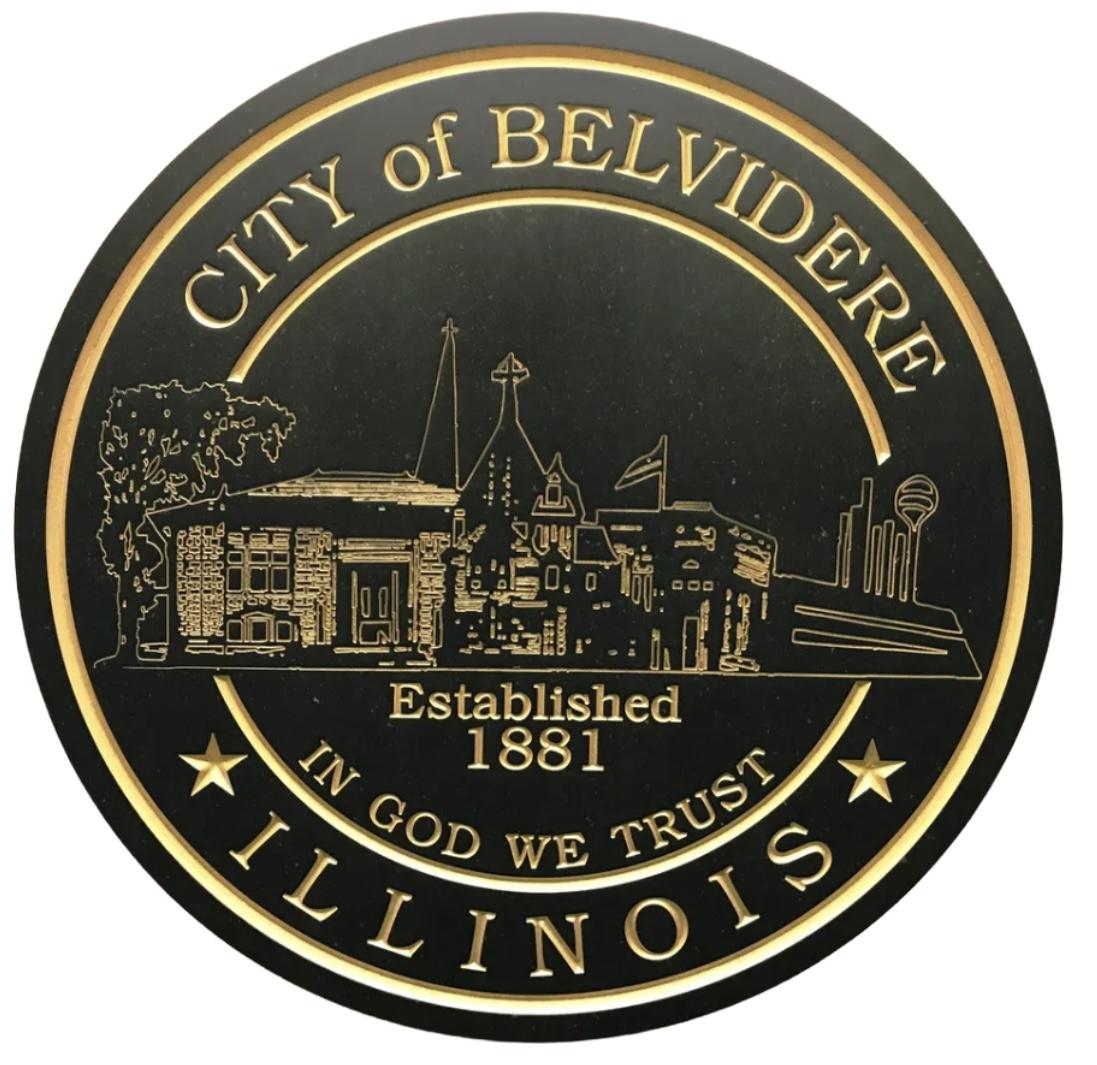A medical dispensary serves as a specialized healthcare access point where qualified patients can obtain regulated cannabis products for therapeutic use. As medical cannabis programs expand across the United States, dispensaries have become integral to patient wellness—offering professional guidance, safe products, and individualized support. Whether patients seek relief from chronic pain, anxiety, epilepsy, PTSD, or other qualifying conditions, a medical dispensary provides a trusted environment for exploring cannabis-based treatment options.
What Sets a Medical Dispensary Apart?
Many people searching online may come across a marijuana dispensary, which often caters to both recreational and medical consumers. However, a true medical dispensary focuses solely on patient care, ensuring products are dispensed with clinical purpose rather than recreational intent. These facilities prioritize education, compliance, and health outcomes, making them distinctly different in their mission and operation.
In a high-quality medical dispensary, patients can expect knowledgeable staff trained in cannabinoid science, dosage guidance, and condition-specific recommendations. Products undergo rigorous lab testing for purity and potency, ensuring patients receive safe, accurately labeled options. Furthermore, medical dispensaries emphasize privacy, patient comfort, and ongoing support—key elements in helping individuals navigate their wellness journey confidently.
Essential Services Offered by Medical Dispensaries
A reputable medical dispensary provides far more than cannabis products on a shelf. Patients benefit from a wide range of supportive services, including:
-
Personalized consultations to recommend strains, formulations, and delivery methods
-
Clear dosing guidance to ensure safe and effective use
-
Educational resources covering cannabinoids, terpenes, and treatment plans
-
High-quality, lab-tested products, including tinctures, capsules, edibles, topicals, and vaporization options
-
Private patient rooms for consultations and product discussions
By offering this level of care, dispensaries help patients make informed decisions that align with their medical needs.
How to Choose the Right Medical Dispensary
Finding the best medical dispensary requires more than selecting the nearest location. Patients should evaluate several key factors to ensure they receive reliable, high-quality care.
1. Licensing and Compliance
Always verify that a dispensary is legally licensed and compliant with state regulations. This ensures product integrity and patient safety.
2. Product Diversity and Quality
A diverse menu allows patients to experiment with various forms of medicine, including low-THC, high-CBD, and balanced formulations.
3. Staff Expertise and Approachability
Trained professionals make a significant difference, especially for new patients unfamiliar with cannabis treatment.
4. Patient Reviews and Reputation
Testimonials and online reviews provide insight into real patient experiences, helping you evaluate customer service, product quality, and professionalism.
A medical dispensary that excels in these areas is more likely to offer a reliable and supportive environment for managing your condition.
Why Medical Certification Matters Before Visiting a Dispensary
In most states, patients must have a certified medical marijuana card before purchasing products from a medical dispensary. Obtaining this card requires a consultation with a qualified healthcare provider who can evaluate your medical history and confirm your eligibility.
Many individuals start this process by searching for a med card doctor near me, aiming to connect with legitimate physicians who are authorized to issue medical cannabis recommendations. This certification ensures legal protection and grants access to dispensaries that follow strict patient-care protocols.
Working with a reputable doctor not only ensures compliance but also enhances patient safety by providing appropriate guidance on cannabis use.
Medical Dispensaries and State-Specific Regulations
Medical marijuana programs vary significantly across states, each with unique regulations, qualifying conditions, and purchase limits. Understanding your state’s program helps streamline the process and prevents legal complications.
States with newer or evolving medical cannabis programs often have centralized systems for patient registration, product tracking, and dispensary licensing. Patients navigating these systems may need to complete additional steps, such as submitting medical documentation, renewing certifications annually, or selecting designated caregivers.
For those located in Iowa, securing an iowa marijuana card is the essential first step in accessing medical dispensaries. This card enables patients to legally purchase state-approved cannabis products tailored for therapeutic use. With this certification, patients gain access to a structured, safe, and reputable network of dispensaries designed to support long-term health and symptom management.

